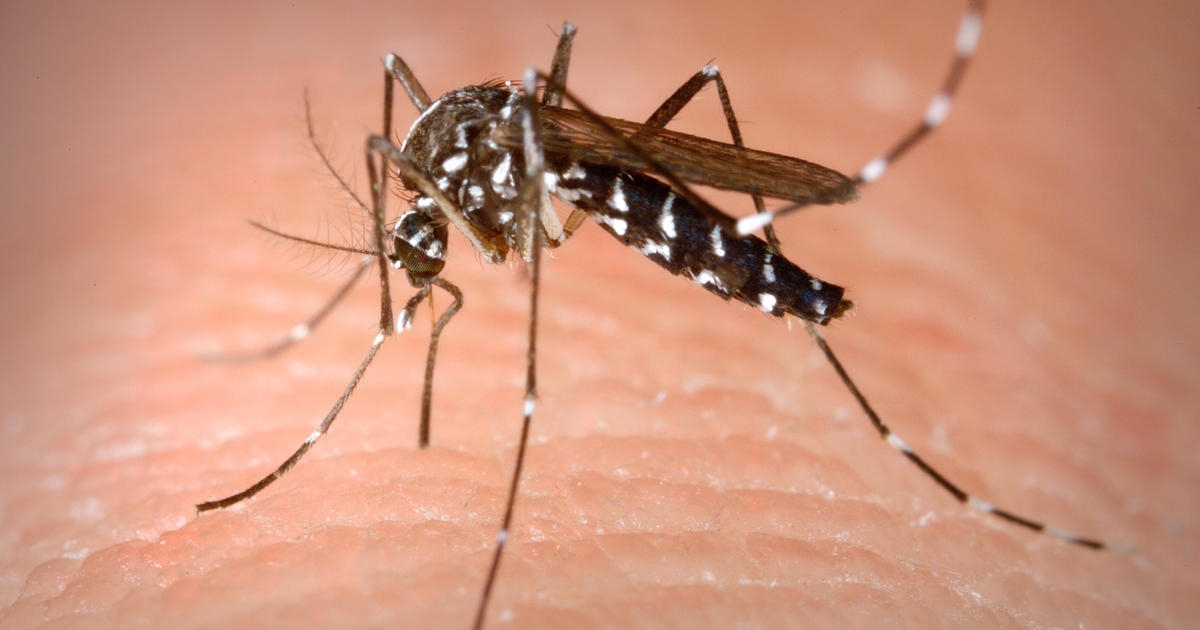Mosquitoes Love Bromeliads
Much has been made of the mosquito's love affair with the bromeliad. The arrival of Zika in 2016 in Miami-Dade County prompted mosquito control staff to examine more closely the breeding habits of container-inhabiting species of mosquitoes. Their findings pointed to the tank bromeliad as a common site where the disease-carrying mosquitos can breed.
But does that mean you should eliminate your decorative plants? We think not.
Bromeliads are native to the tropical Americas, the southeastern part of the United States, and one species is even native to Africa. They come in different colors and are simple to care for. Pineapples and Spanish moss are part of the bromeliad family. One of the unique characteristics of bromeliads is that their roots serve not as tools to absorb moisture and nutrients, but as anchors used to attach the plants to trees or rocks.
The tank bromeliad's leaf structure is such that they all combine at the base to form a rosette, which is a water-tight and circular formation. This structure allows for the natural accumulation of rainfall or water from artificial irrigation, which in turn helps hydrate the plant and capture the organic matter that is absorbed by the plant as nutritional intake. The water in the rosette also makes these plants very attractive to mosquitoes.
Females can easily detect the water found in these natural vases and they then proceed to lay their eggs near the surface. Within days, the eggs hatch and the larvae grow among the safe confines of the bromeliads' leaves. The young larva also feed on the gathered organic matter floating around. After a few days of feeding, they transform into pupae, and soon after, emerge as adults.
Although this would seem like reason enough to eradicate your bromeliads, the truth is that with some simple, preventative measures, the mosquito life cycle can easily be broken. Here's what you can do to preserve the beauty of this wonderful plant species while reducing mosquito breeding in your garden:
- Treat the water with Bti (Bacillus thuringiensis israelensis). A common granular larvicide found locally at hardware stores, Bti is safe for use on plants, and around people and pets. Sprinkle a few granules in each tank every two weeks for maximum effectiveness.
- Methoprene is a mosquito growth regulator that doesn't kill the larvae, but instead prevents them from reaching adulthood. This product is sold in a granular form under the name Altosid Pro-G and provides 30 days' worth of control.
In conclusion, there can be a fairytale ending to the romance between the mosquito and the bromeliad, but only one that favors the bromeliads and the green thumbs that care for them.
For more mosquito control information, tips and tricks, please visit www.miamidade.gov/mosquito or call 311.
Above content provided by Miami-Dade County.



